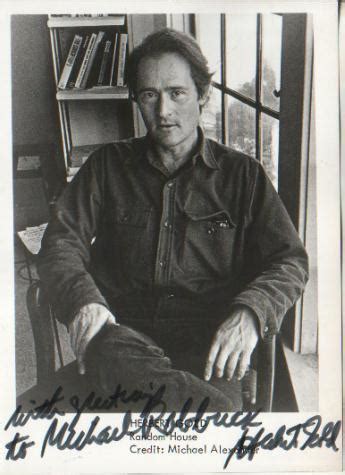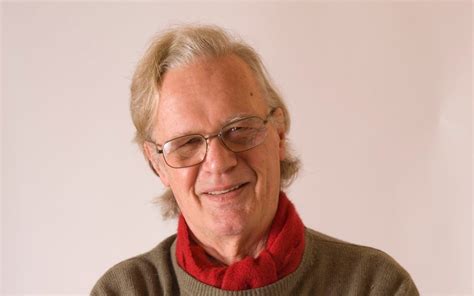A Quote by Aleksandar Hemon
What fiction and art can do, particularly narrative art, is construct consciousness - in a sense, we have to do it for the first time, every time.
Related Quotes
I think it's more, at least at the time, a sense of abstraction. My mind doesn't really work in a way where there's a definitive sense of something. I go one way and then it opens up into a million different ideas, and somehow, when you look at the art, Buddhist art, or particularly Tibetan art, you know, it's a similar thing. All of a sudden there are a million lotus leaves and you're following one to the next and to another, and I related to that, and it felt simple and easy to me. And it made me feel smart.
As you may know, my motto is: "All memory is fiction." It could just as easily be: "All fiction is memory." Unpacked, these two statements defy the ease of logic, but offer some really important truths about narrative art, at the very least, and about memory. So I would say that all art is personal.
Magicians are manipulating your consciousness. They are showing you something impossible. They're getting you to construct a narrative, which simply isn't true. So that means they know how to make you aware of certain things and blind to other things. What I'm hoping is that magic, this entertainment vehicle that has been around for a long time, will give us a real insight into the deep mysteries of consciousness
There are so many people who have a training in art history; and if you've spent time looking at old art, you become attuned to what art does through materiality and so you begin to look to that in contemporary art as well. And anyway, I do think that matching one's experience with what you're looking at and questioning what you're looking inevitably involves materiality, just like it involves the sense of place.
You exist in time, but you belong to eternity- You are a penetration of eternity into the world of time-You are deathless, living in a body of death- Your consciousness knows no death, no birth- It is only your body that is born and dies-But you are not aware of your consciousness-You are not conscious of your consciousness-And that is the whole art of meditation;Becoming conscious of consciousness itself.
Warhol and other Pop artists had brought the art religion of art for art's sake to an end. If art was only business, then rock expressed that transcendental, religious yearning for communal, nonmarket esthetic feeling that official art denied. For a time during the seventies, rock culture became the religion of the avant-garde art world.






































